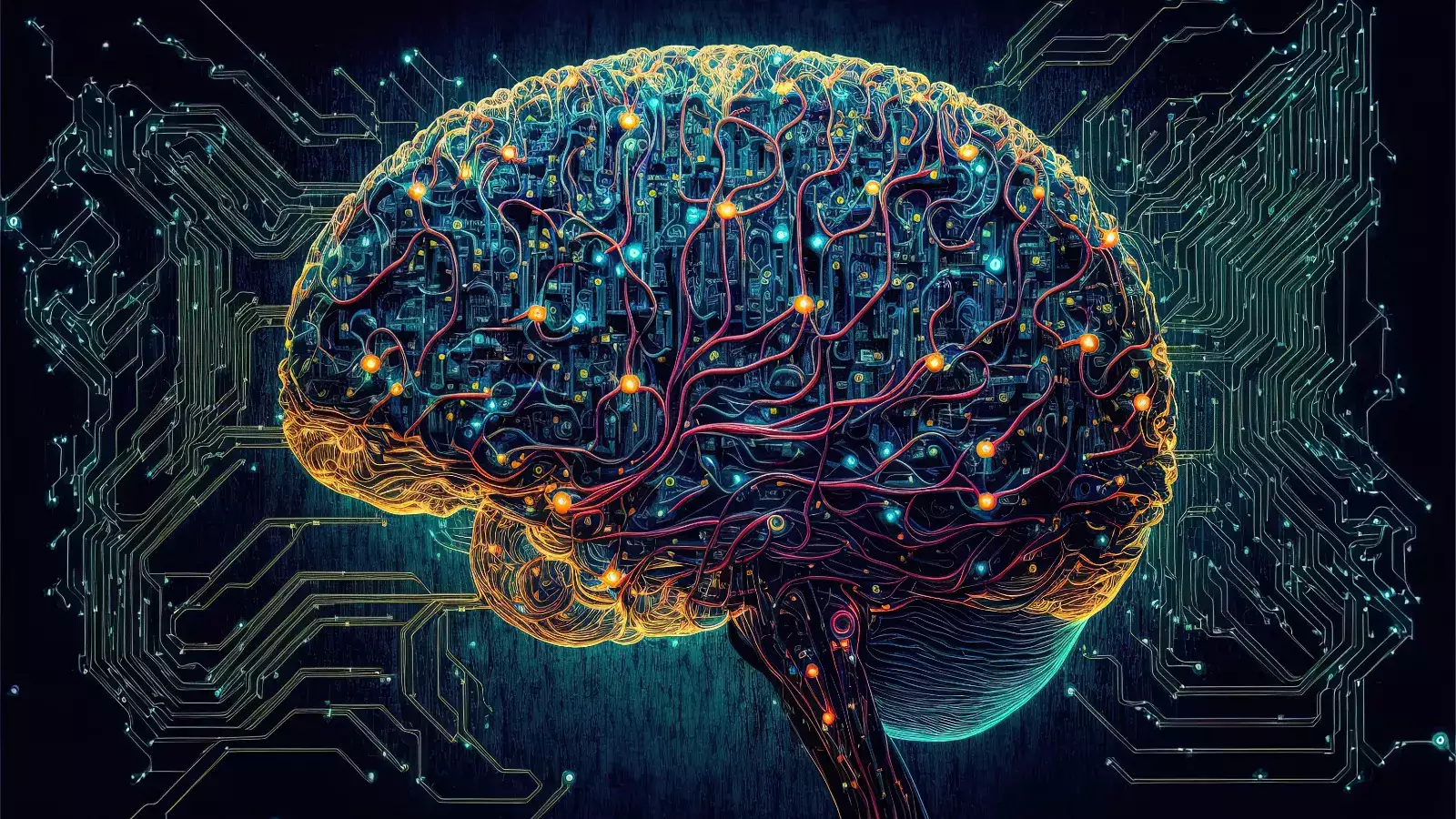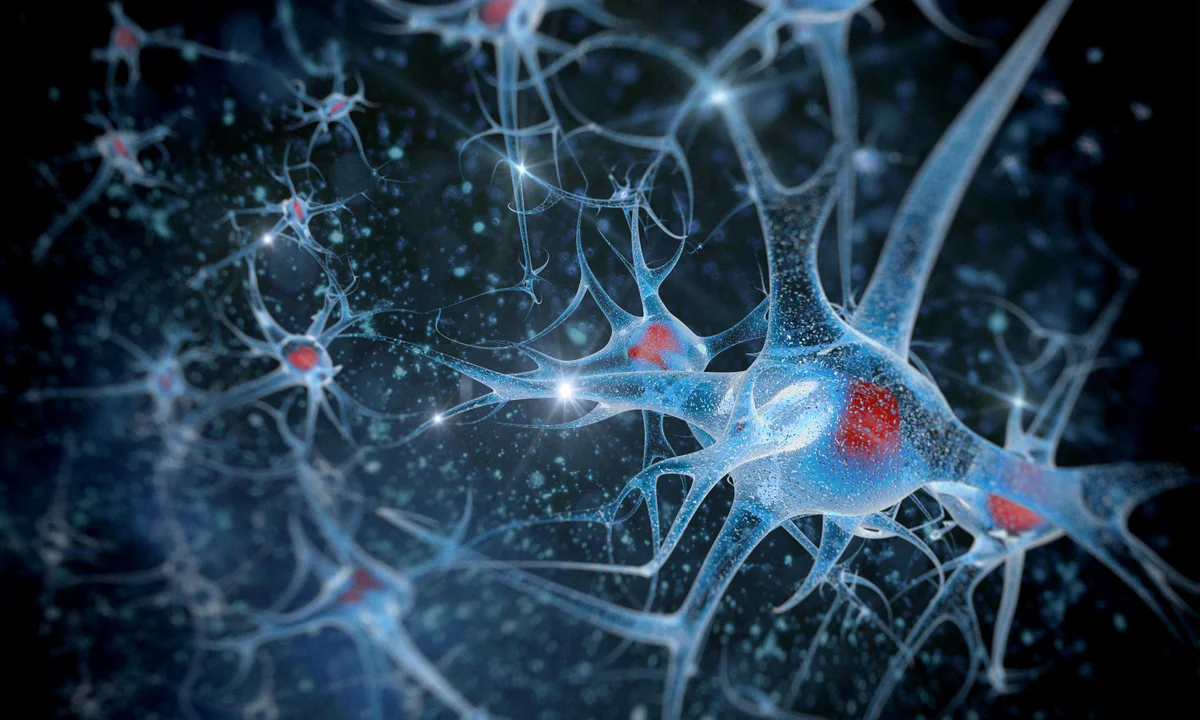A team of researchers has received a $600,000 grant from Australia’s Office of National Intelligence to look into the potential of merging human brain cells with artificial intelligence.
In partnership with Melbourne-based startup Cortical Labs, the team has already demonstrated how a cluster of approximately 800,000 brain cells in a Petri dish can play a game of “Pong.”
The goal is to integrate biology with AI, potentially leading to groundbreaking advancements in machine learning technology for applications such as self-driving cars, autonomous drones, and delivery robots — ambitions the government hopes to achieve through this investment.
The researchers are making bold claims about the potential of their work.
“This new technology capability in the future may eventually surpass the performance of existing, purely silicon-based hardware,” said Adeel Razi, team lead and associate professor at Monarch University, in a statement.

“The outcomes of such research would have significant implications across multiple fields such as, but not limited to, planning, robotics, advanced automation, brain-machine interfaces, and drug discovery, giving Australia a significant strategic advantage,” he added.
According to Razi, the technology could enable machine intelligence to “learn throughout its lifetime” like human brain cells, allowing it to acquire new skills without losing old ones and to apply existing knowledge to new tasks.
Razi and his colleagues plan to grow brain cells in a lab dish, called the DishBrain system, to look into this process of “continual lifelong learning.”
This ambitious project is expected to take considerable time to develop.
“We will be using this grant to develop better AI machines that replicate the learning capacity of these biological neural networks,” Razi said. “This will help us scale up the hardware and methods capacity to the point where they become a viable replacement for in silico computing.”






Leave a Reply